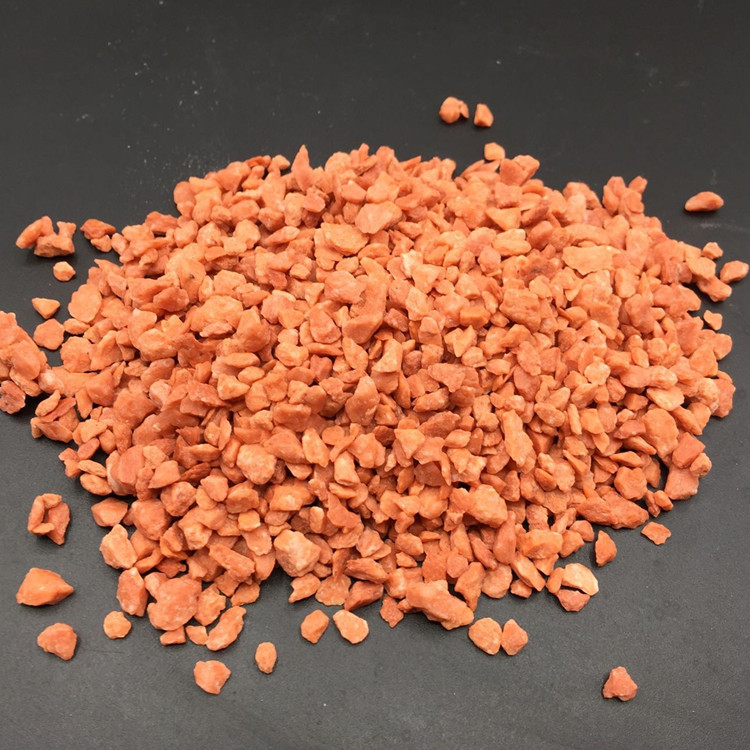
أغسطس . 06, 2024 08:08 Back to list
Understanding the Benefits of Ammonium Sulphate Fertilizer for Sustainable Agriculture Practices
Ammonium Sulphate Fertilizer Essential Component for Agriculture
Ammonium sulphate fertilizer, a widely used nitrogenous compound, has become essential in modern agriculture due to its ability to enhance crop yield and quality. Comprising approximately 21% nitrogen and 24% sulfur, this water-soluble substance serves as a crucial source of nutrients for plants, especially in sulfur-deficient soils. It is not only efficient but also offers various benefits, making it a preferred choice among farmers.
The Importance of Nitrogen and Sulfur
Nitrogen is a vital nutrient for plants as it is a key component of amino acids, proteins, and DNA. These functions are critical for growth, reproduction, and overall plant vigor. Ammonium sulphate provides nitrogen in an ammonium form, which is readily absorbed by plants. This form of nitrogen reduces leaching losses compared to nitrate fertilizers and ensures that the nutrient remains available for plant uptake throughout the growing season.
Sulfur is also becoming increasingly important in crop production. As environmental pressures have reduced the levels of atmospheric sulfur, many agricultural soils have become deficient. Sulfur aids in the formation of chlorophyll, enhances protein synthesis, and improves crop quality. It is particularly beneficial for oilseed crops, vegetables, and legumes, all of which require significant sulfur levels for optimal production.
Benefits of Ammonium Sulphate Fertilizer
1. Soil Health Improvement Ammonium sulphate can help in adjusting the pH of alkaline soils, making nutrients more available to plants. Moreover, the sulfate ions can assist in the leaching of sodium ions from saline soils, thus improving soil health.
2. Enhanced Crop Quality Using ammonium sulphate can lead to better fruit and vegetable quality, improving parameters such as size, taste, and nutritional value. This is particularly crucial for farmers aiming to meet market demands for high-quality produce.
ammonium sulphate fertilizer is

3. Targeted Nutrient Supply The controlled-release properties of ammonium sulphate allow farmers to apply the fertilizer at critical growth stages, thus meeting the plants' specific nutrient requirements. This targeted approach can promote better growth and reduce the chances of nutrient run-off into waterways.
4. Compatibility with Other Fertilizers Ammonium sulphate can be effectively combined with other fertilizers to create a balanced nutrient supply for crops. Its compatibility with various micro and macronutrients enhances its utility in integrated fertilizer programs.
Application Techniques
Farmers can apply ammonium sulphate through several methods, including broadcasting, banding, and foliar feeding. Broadcasting involves spreading the fertilizer over the surface of the soil, while banding places it in concentrated strips where the plants’ root systems can easily access the nutrients. Foliar feeding, although less common, can provide an immediate nutrient boost during critical growth phases.
Environmental Considerations
While ammonium sulphate is considered a safe and effective fertilizer, its application must be managed properly to minimize potential environmental impacts. Over-application can lead to soil acidification and nutrient runoff, affecting local water bodies. Therefore, it is crucial to follow recommended application rates and timing to ensure sustainable use.
Conclusion
Ammonium sulphate fertilizer plays a pivotal role in enhancing agricultural productivity. By supplying essential nitrogen and sulfur, it not only increases crop yields but also improves the quality of agricultural products. With its various benefits and adaptability, ammonium sulphate continues to be a fundamental component of nutrient management strategies in farming, paving the way for sustainable agricultural practices. As the global demand for food increases, the importance of effective fertilizers like ammonium sulphate will only continue to grow, ensuring food security for future generations.
-
Premium 8 12 16 Fertilizer – High-Efficiency Compound & Granular NPK Supplier
NewsJun.10,2025
-
High Quality Agricultural Grade NPK Fertilizer Manufacturer & Supplier Reliable Factory Price
NewsJun.10,2025
-
Organic Fertilizer for Corn Boost Yield Sustainably
NewsJun.10,2025
-
Organic Fertilizer for New Plants Natural Growth Boost & Eco Nutrients
NewsJun.10,2025
-
Optimized Hydroponic NPK Fertilizer – Fast Growth & Nutrients
NewsJun.09,2025
-
Top-Rated NPK Fertilizer for Fruit Trees - Boost Growth & Yield
NewsJun.09,2025
